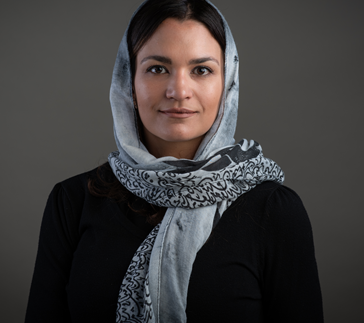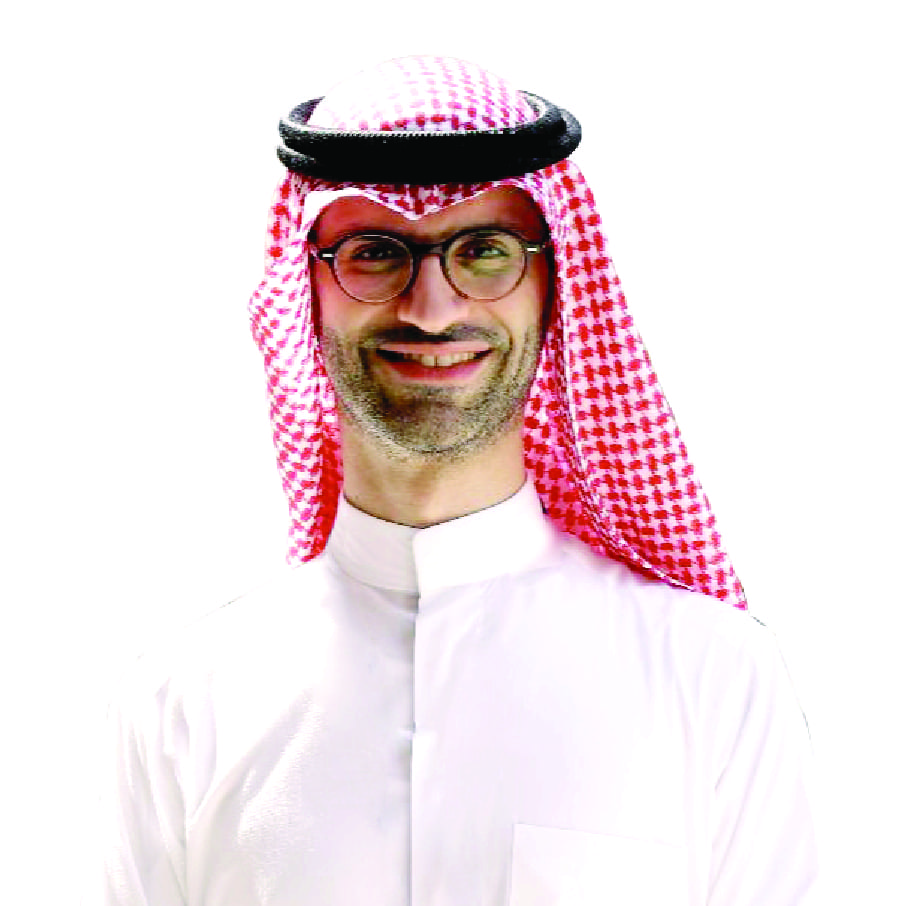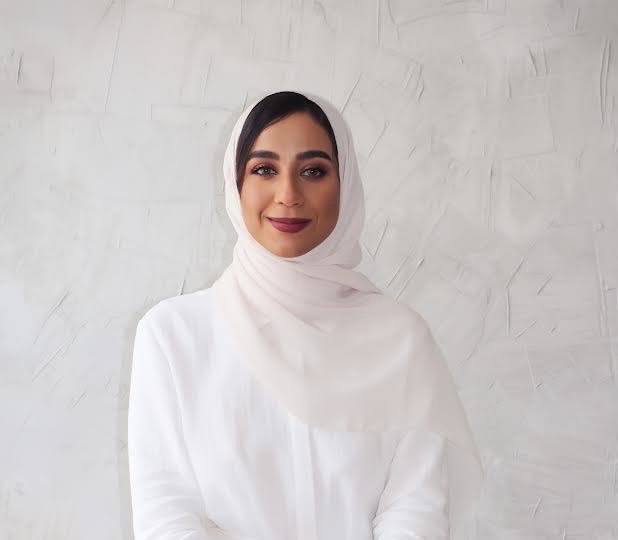The status of women in the Gulf States (Khaliji women) is a recurring theme in academia and policy circles. This workshop examines the role of Gulf women in the public square. The workshop will highlight current roles women play, methods of integration into local affairs (political, economic, social, religious, or other), and the challenges that ensue. The Gulf States are prioritising their national interests in a shifting world order. New strategies and sectors are emerging due to a host of internal and international changes. Amid these rapid transformations, women in the Gulf are increasingly finding their way into new roles. Despite the ever changing character of politics, business, and other sectors in the region, the status of women remains arbitrary. Women are often left out of the “boys club” while confronting ongoing challenges: discrimination, domineering patriarchy, exclusion, and harassment. Navigating through these persisting social structures and power struggles while the region undergoes socio-economic change makes women’s roles more difficult. This workshop will inject an intersectional lens to the way women negotiate opportunities and barriers related to their role in the public sphere, bringing to the surface the nuanced experiences of women in the Gulf.
July 22-24, 2025, Cambridge UK
3 DAYS / 12 Workshops
MORE THAN 300 ACADEMIC PAPERS
Women in the GCC: Negotiating Leadership, Power, and Change
The status of women in the Gulf States (Khaliji women)
is a recurring theme in academia and policy circles. This workshop examines the
role of Gulf women in the public square. The workshop will highlight current
roles women play, methods of integration into local affairs (political,
economic, social, religious, or other), and the challenges that ensue. The Gulf States are prioritising their national
interests in a shifting world order. N ...
Within a shifting geopolitical climate, state-society relations in the Gulf States are changing to face emergent regional and global challenges and opportunities. As this relationship develops, women’s participation in the public sphere across the Gulf States is rapidly evolving. It varies considerably depending on the government structure and state policies in each country. Some states have been more keen on negotiating spaces for women in the past, such as Kuwait and Oman. Other states, Saudi Arabia in particular, have more recently made significant strides to narrow the gender gap in women’s participation in politics and the labour market. Despite these positive shifts, the position of women remains contentious in both social and institutional structures. Their status wavers: it is either deteriorating in states where women once held more political capital, or they are increasingly viewed as a threat to the status quo in other states even when they are gaining political clout and more freedoms.
Women’s presence in ministerial positions and elected legislative bodies has varied considerably in the recent past across the six Gulf States. Gulf cabinets in 2022 have featured women ministers at varying rates: UAE 27%, Bahrain 20%, Qatar 16%, Oman 13%, and Kuwait 12%. Saudi Arabia is the exception with no women ministers yet, even though the government appointed a vice minister in 2022. Therefore, Khaliji women’s representation in government is growing, despite it traditionally being far below other Arab States and global statistics. Moreover, it has been relatively recent that women gained suffrage in the Arab Gulf States. The first country to grant women’s suffrage was Oman in 1994, followed by Qatar in 1998, Bahrain in 2002, Kuwait in 2005, the UAE in 2006, and Saudi Arabia in 2011.
Despite women voting, it is important to also consider the different forms of political participation and whether this leads to more empowerment. The right to vote in the Gulf States does not always translate into an elevated status or tangible outcomes for women, and they have frequently lost out in elections in the past decade. In fact, labour force participation rates illustrate that the right to vote does not necessarily lead to more economic opportunities, as illustrated below.
The six Gulf States scored among the lowest 25 countries out of 146 countries in the economic participation and opportunities subindex of the Global Gender Gap Index 2022 (Page 10). Kuwait ranked (123), followed by Saudi Arabia (128), Bahrain (131), UAE (132), Qatar (133), and finally Oman ranked (137). This indicates a barrier to effective participation in different areas across the public domain.
Women’s labour force participation within the GCC averages 18.87%, which is below the global average of 39.3%. As of 2021, according to the World Bank, Kuwaiti women have the highest labour force participation rate (as a percentage of the total labour force), representing 25% of the labour force. This is followed by Bahrain (21.1%), Saudi Arabia (20.4%), the UAE (16.6%), Qatar (15.3%), and finally Oman (14.8%).
Focusing on the economic participation of women is essential, as the number of women in productive jobs is set to more than double by 2030. Properly integrating women into a changing workforce will require an investment in their physical, cognitive, social and technological skills.
Anecdotal evidence (and limited organic upward mobility) suggests that encouraging women’s participation in the public and private sectors is often considered a convenient box-checking activity by the men that dominate these spaces. This is evidenced by the more frequent appointment of women into positions of power compared to climbing the ladder through well-deserved promotions. Women leaving their fate to men inevitably restricts their agency and control over the opportunities they have. It reinforces the mainstream belief that women are ill-prepared for decision-making positions. While women strive to claim ownership of their social and political roles, they are often side-lined and pushed into positions that are deemed gender appropriate, or met with a glass ceiling that limits their growth into ultimate decision-making positions.


